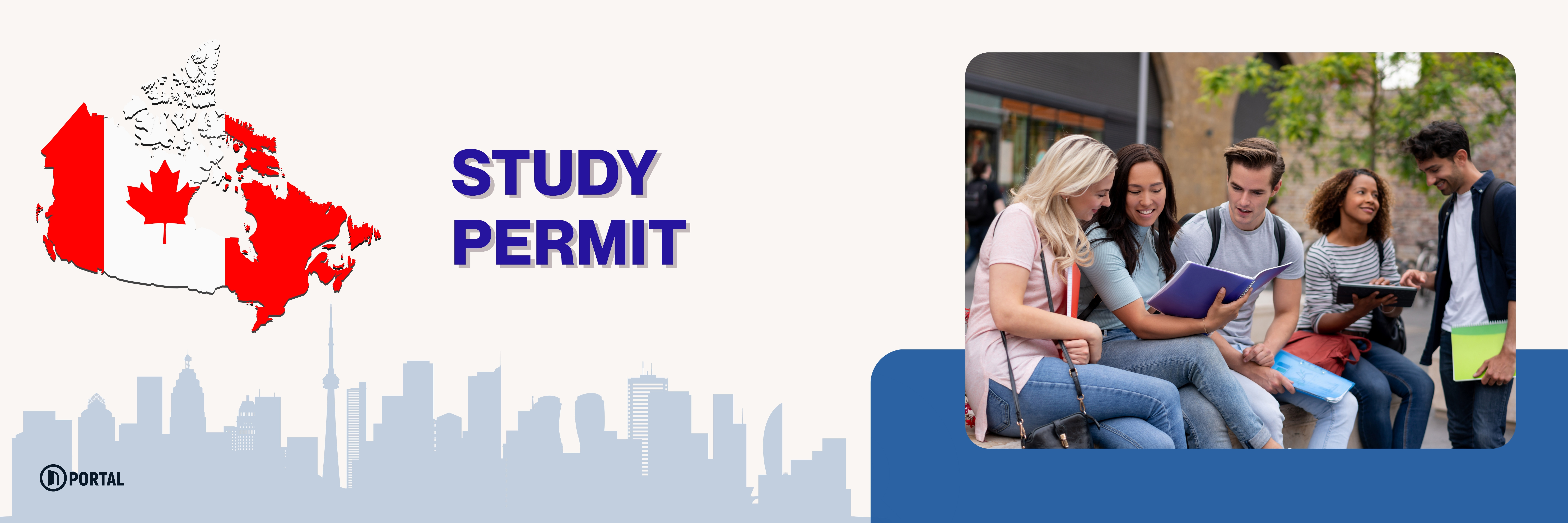
A study permit is the document international students need to study in Canada at a Designated Learning Institution (DLI). It allows you to attend programs longer than six months.
The study permit is not a visa itself — you also need either a Temporary Resident Visa (TRV) or an Electronic Travel Authorization (eTA) to enter Canada. These are automatically issued once your study permit is approved.
To qualify, you must:
For the length of your program plus 90 days.
If the course is 6 months or less, you usually don’t need a permit, but many still apply if they plan to extend studies.
Yes. Your spouse/partner can apply for an open work permit, and dependent children can attend school.
Not directly, but many students later qualify for PR through programs like Express Entry or Provincial Nominee Programs.